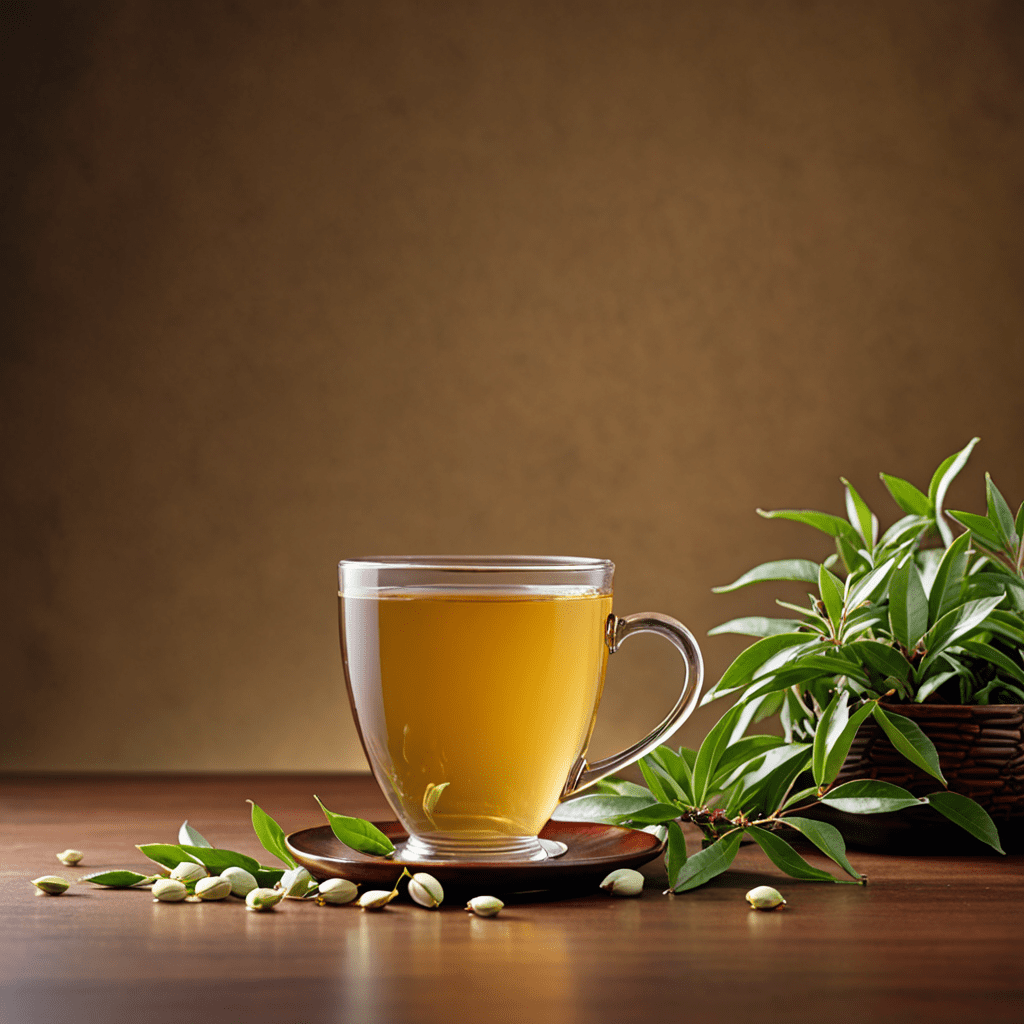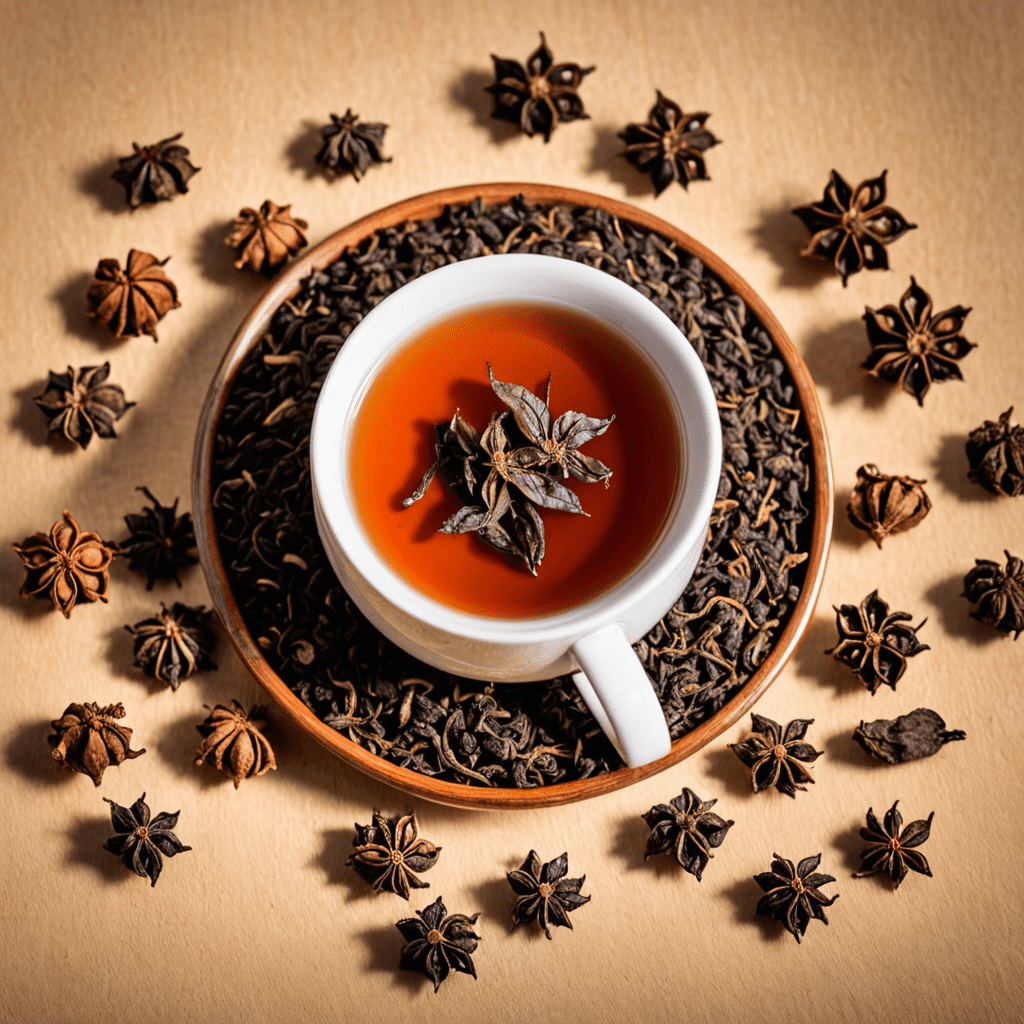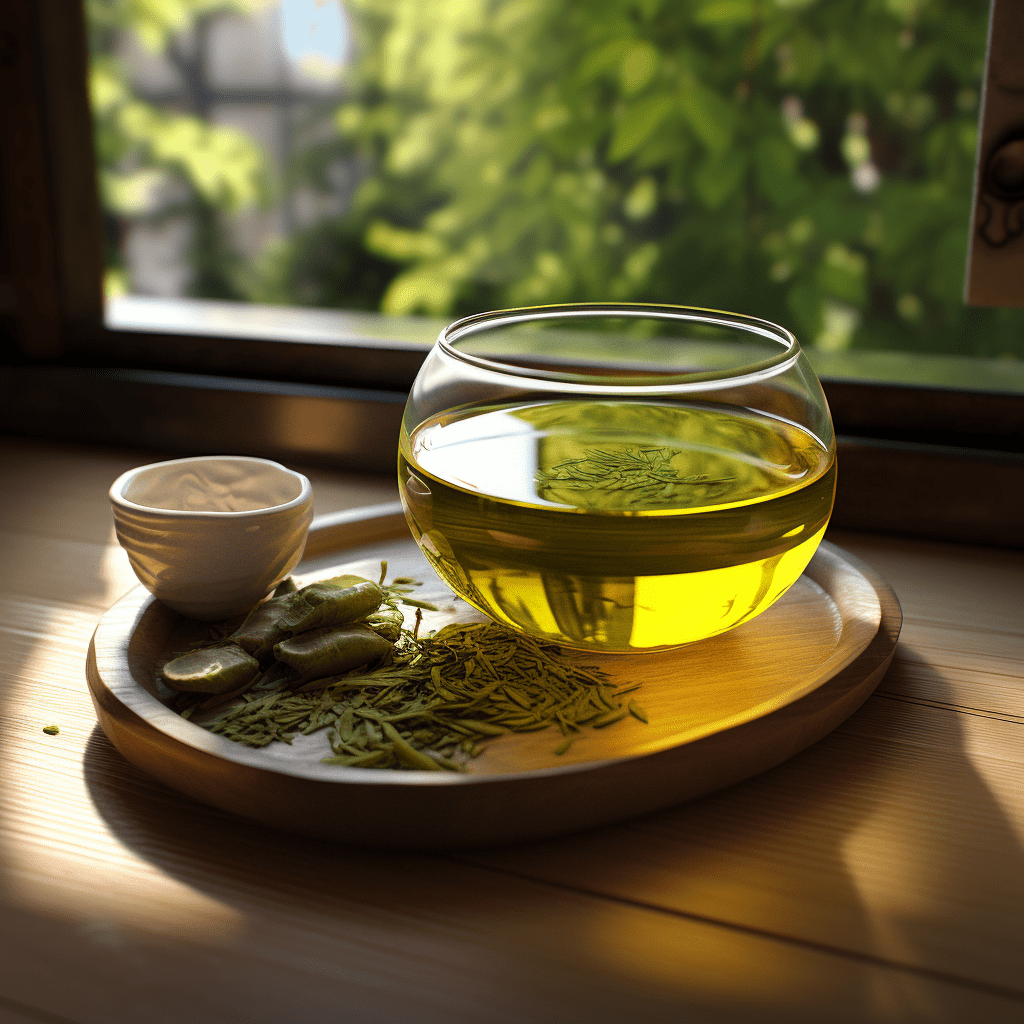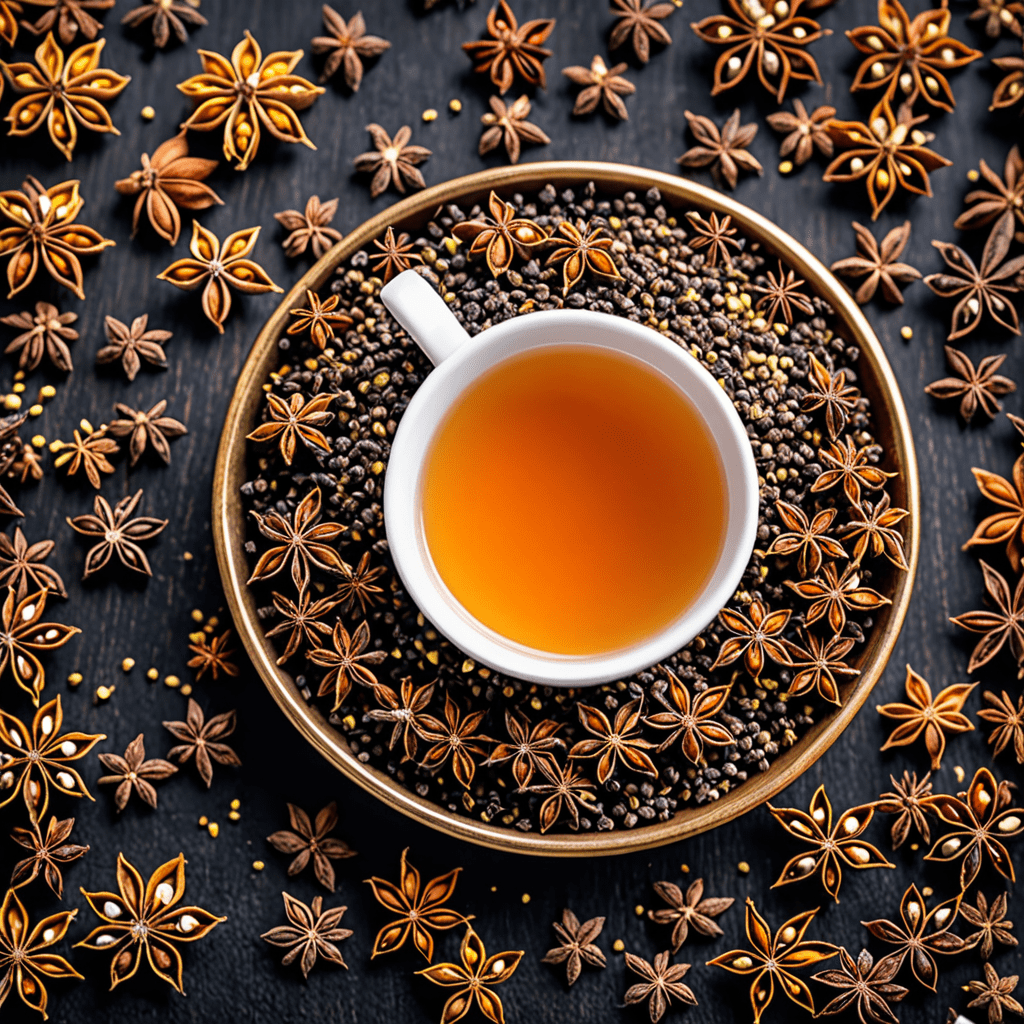White Tea: The Zen of Tea Drinking
For centuries, white tea has been revered for its delicate flavor, subtle aroma, and numerous health benefits. From its origins to the art of brewing, here’s everything you need to know about white tea.
The Origins of White Tea
White tea has deep roots in Chinese and Taiwanese culture. It is made from young tea leaves and buds, which are minimally processed to preserve their natural qualities. The tea leaves are carefully harvested and then gently dried to maintain their delicate flavors. The result is a light, slightly sweet brew that captures the essence of the tea plant.
The Art of Brewing White Tea
Brewing white tea is a delicate process that requires attention to detail. The water temperature should be around 175°F (80°C), and the steeping time is usually between 1 to 3 minutes. Longer steeping can result in a bitter taste, so it’s essential to follow these guidelines to experience the true essence of white tea.
Health Benefits of White Tea
White tea is rich in antioxidants, which can help boost the immune system and promote overall wellbeing. It may also aid in reducing the risk of heart disease, improving oral health, and promoting healthy skin. White tea’s minimal processing retains a high concentration of polyphenols, making it a great choice for those looking to incorporate healthful beverages into their daily routine.
Flavor Profile of White Tea
White tea offers a subtle and complex flavor profile, often described as floral, fruity, and slightly sweet. The delicate taste and aroma of white tea make it a favorite among tea enthusiasts who seek a peaceful and refined drinking experience.
White Tea Varieties
There are several varieties of white tea, including Silver Needle, White Peony, and Long Life Eyebrow. Each variety has its unique characteristics, catering to different preferences and tastes of white tea connoisseurs worldwide.
White Tea and Mindfulness
Drinking white tea is a practice in mindfulness and relaxation. The gentle brewing process and the subtle, soothing flavors create a serene experience that allows tea enthusiasts to embrace the moment and find peace in their daily lives.
In Conclusion
White tea is not just a beverage; it’s an art form that embodies tranquility and simplicity. Whether you’re a seasoned tea connoisseur or a newcomer to the world of tea, exploring the Zen of white tea is an enriching journey that can lead to a greater appreciation for life’s simple pleasures.
White Tea FAQs
What is white tea?
White tea is a minimally processed tea made from the Camellia sinensis plant. It is known for its delicate flavor and subtle, sweet aroma. White tea undergoes minimal oxidation, resulting in a light color and a mellow, slightly sweet taste.
How is white tea different from other teas?
Unlike green or black tea, white tea is the least processed. It is harvested at an early stage when the tea leaves are still young and covered in fine white hairs, giving the tea its name. The minimal processing helps to preserve its natural antioxidants and delicate flavor.
What are the health benefits of white tea?
White tea contains various antioxidants, such as catechins and polyphenols, which may help protect the body against certain diseases and promote overall health. It is also believed to support skin health and boost the immune system. However, further research is ongoing.
How should white tea be brewed?
To brew white tea, use freshly boiled water that has been allowed to cool slightly (around 175°F or 80°C). Steep the tea for 1-3 minutes to enjoy its delicate flavor. Longer steeping times can result in a bitter taste. White tea can be brewed in a teapot or using a gaiwan for a traditional touch.



